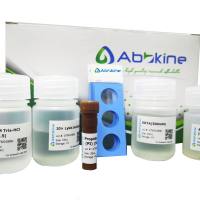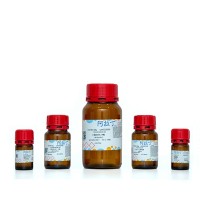Many anticancer drugs and environmental carcinogens exert cytotoxic and or mutagenic effects through the direct reaction with DNA via in the formation of drug-DNA adducts or stabilized protein-DNA complexes (1 ,2 ). The ability to determine the extent with which drugs, such as alkylating agents and platinum based drugs, interact with their cellular targets in tumor cells will permit further studies into cytotoxic and biological effects of these drugs. The use of antisera or antibodies directed against specific adducts has facilitated the development of immunologically based assays, such as ELISA methods, to determine the extent of drug-DNA interaction in cells. These techniques however, rely on the measurement of adducts on DNA isolated from millions of cells (described by Tilby in Chapter 12 and refs. 3 and 4 ).






